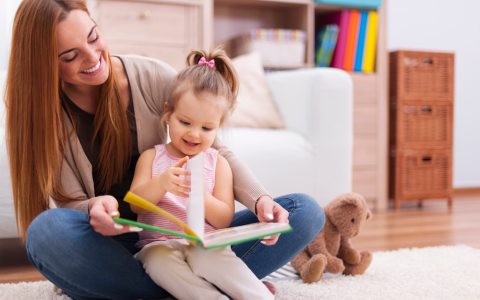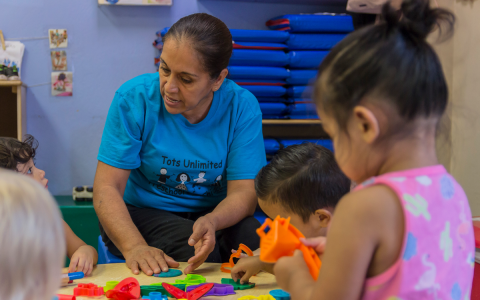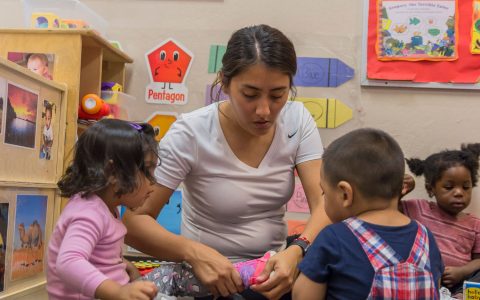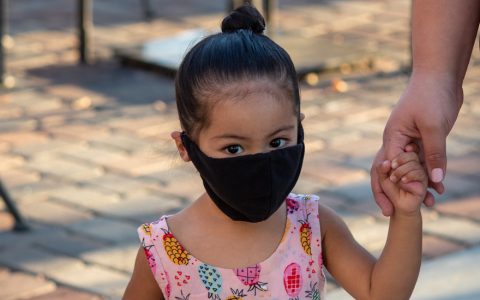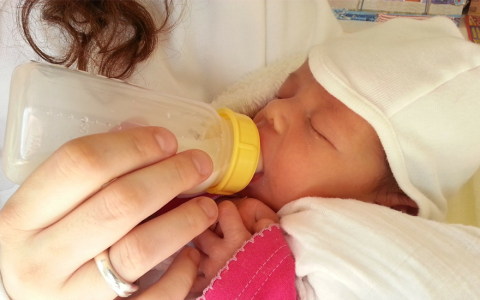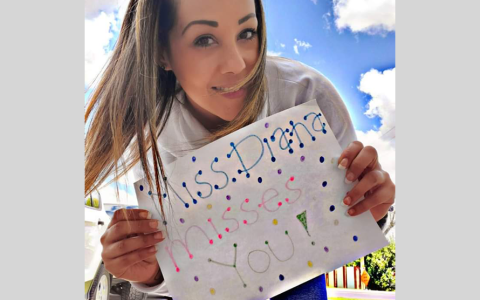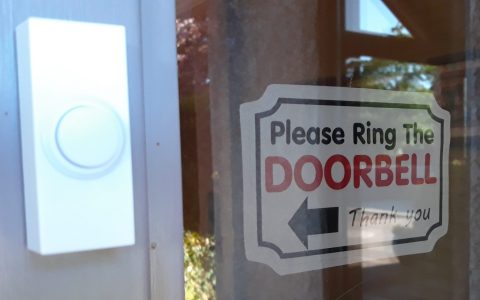Quality First Blog, Tips and Inspiration
Free inspiration and resources are just an added bonus. Helping you is just what we do. See the latest blogs, tips and research on how you can provide the highest-quality care and improve your early learning setting.
To receive inspiration directly to your inbox, sign up for our newsletter today.
VIEW ALL
How are you feeling this very minute? Take a moment to pause and assess your mind and heart. What is the first word that comes into your thoughts? Was it good, fine, happy or content? Or was it exhausted, worried, concerned or stressed? It is so important to stop, pause and take a deep breath
It’s not easy maintaining a healthy environment for young children. As a child care director or owner, you may need additional support to achieve best health and safety practices in your program. As a Quality First participant, you have access to this kind of help. Quality First offers you the services of Child Care Health
The Quality First Assessment team provides informal assessment to offer objective feedback using the updated, third editions of the Environment Rating Scales (ERS) tools. This opportunity is available to licensed child care providers, including family child care and center-based programs serving children birth to age 5 in Arizona. Informal assessment provides you the opportunity to
A Quality First assessment provides feedback to recognize your program’s unique strengths and to help you set goals for quality improvements using objective, research-based tools. An informal assessment is offered to all regulated early care and education providers in Arizona. Whether your program is enrolled in Quality First, on the waitlist or if you are
As an early education professional in today’s environment, you spend significant time and effort on preventing the spread of germs in your environment. As important as it is to take action to prevent the spread of viruses such as COVID-19 in your early learning environment, it’s also important to be prepared to respond to a
As you work to provide safe and healthy early learning environments for young children, including infants and toddlers, you may find yourself wondering how to adapt for the youngest children in your care. Certain COVID safety recommendations may not apply to infants and toddlers due to their stage of development, but there are still plenty
When planning to provide care for young children during COVID-19, it’s easy to feel overwhelmed and unsure of where to find reliable advice. On a daily basis, you face critical decisions such as: how should you screen for an illness; what do you need to change in your child care space; what should you do
Due to the onset of COVID-19, many early childhood education programs have shifted away from offering in-person activities to facilitating children’s learning from a distance, in the home setting. This change in services has created a multitude of difficulties and opportunities. Here are some ideas from two child care providers serving families in tribal and
Managing a center-based or home-based early childhood education program is a demanding job—and can feel isolating at times. Some of Arizona’s program directors have formed director’s networks to build support for themselves. These groups are comprised of early childhood program leaders, directors and administrators within a local geographic region. The groups provide an informal venue
The foundation of quality early childhood programs is providing a healthy environment. The COVID-19 pandemic has challenged and raised the stakes for programs statewide. Early childhood educators across Arizona are creating enhanced procedures to protect the health of the children in their care. Precious Stones Preschool in Sedona is one of those programs. As a

